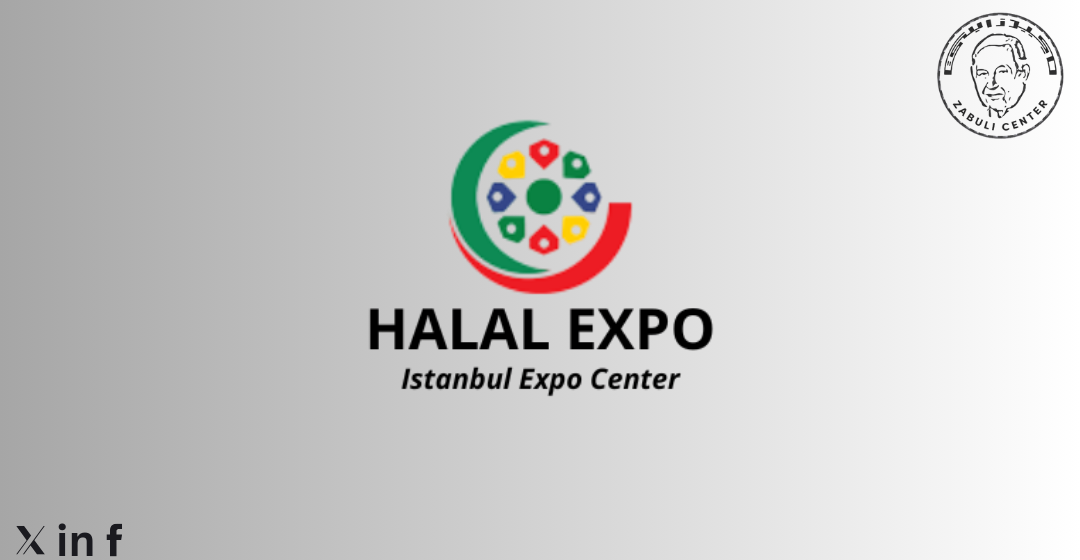19 Jan,26
Most Searched Keywords
06 Aug
Afghanistan's Economic Growth and the Importance of International Markets; Economic Assessment of the Halal Expo in Istanbul
by Kamran Noori

The four-day Halal Expo held in Istanbul, Turkey, served as an important economic opportunity for Afghanistan, highlighting both the country’s export potential and its challenges. As an event that brought together businesses and traders from 120 countries, the expo became a practical platform for introducing Afghan products to international markets.
Afghanistan participated in the expo with 30 companies, showcasing key exports such as carpets, dried fruits, and precious stones. The strong interest shown by international traders and the praise for the quality of Afghan products clearly demonstrated that Afghanistan holds significant potential in global markets. Particularly, the expressed demand from international companies for Afghan carpets and dried fruits represents a promising opportunity for the country’s export sector.
However, the Afghan participants’ experience at the expo also shed light on several major challenges facing the development of Afghanistan’s exports. These include the lack of processing and packaging capacity international markets require high-quality, standard packaging, and Afghanistan’s inability to meet these standards increases costs and reduces the competitiveness of its goods. In addition, fundamental trade problems such as inefficient export management, customs issues, and limited domestic investment opportunities hinder trade development. Furthermore, performing most of the processing in foreign countries lowers Afghanistan’s share in the final export value chain.
Despite these challenges, the Istanbul Expo opened a global window for Afghan products. Events like this not only create new export opportunities but also send a clear signal to the international business community about Afghanistan’s economic direction. Specific offers from American and Turkish traders, such as facilitating the direct export of Afghan carpets, mark positive steps toward integrating Afghanistan into global trade networks.
The Istanbul Expo also underscored several recommendations for improving Afghanistan’s export sector. These include expanding production and processing capacities through investment in standardization and packaging, supporting Afghan traders by improving export systems and encouraging participation in international expos, strengthening economic diplomacy through long-term trade agreements and joint ventures, and encouraging the Afghan diaspora to reinvest in the country’s economy to help fuel domestic growth.
Overall, the Halal Expo in Istanbul served as an important economic exercise for assessing Afghanistan’s export potential in international markets. To achieve sustainable export growth, Afghanistan must align with the expectations of global traders, create favorable conditions for domestic investment, and use economic diplomacy to expand access to international markets.
